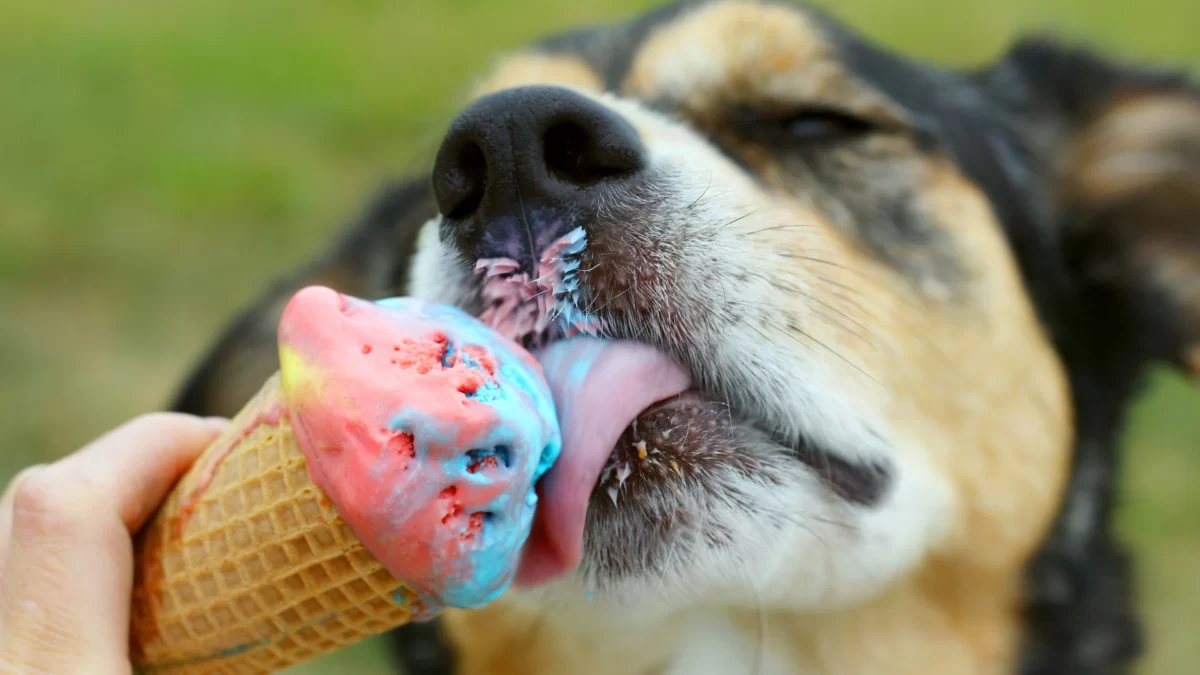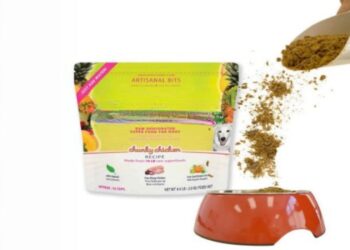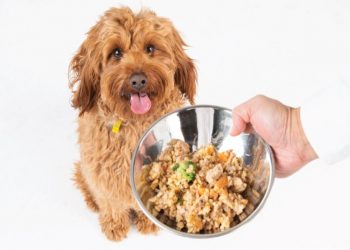In dog food discussions, people often ask: Can dogs eat icing? We know it’s important to give pet owners the right information. In this guide, we’ll look at whether it’s safe for dogs to eat icing and answer related questions.
Understanding the Ingredients
Icing, often used on baked goods, usually has a lot of sugar. Too much sugar can cause health problems in dogs like obesity, tooth issues, and diabetes. We want to highlight the dangers of letting dogs eat sugary snacks.
The Impact of Artificial Additives
Lots of store-bought frostings use fake colors and sugars that can harm dogs. We look at how these extras can hurt dogs’ health. We also stress the need to choose frostings with natural, dog-safe ingredients.
Reading SUggestion: Why Shih Tzu Are The Worst Dog
Weight Management
Excessive calorie intake from icing can contribute to weight gain in dogs. Our guide provides insights into the importance of maintaining a balanced diet for dogs to prevent obesity-related health issues.
Dental Health
The sugar content in icing can promote dental problems in dogs. We discuss the impact of sugary treats on canine oral health and offer practical tips on maintaining a proper dental care routine.
Guidelines for Safe Consumption
Balance is Important Some icings are okay for dogs if given in small amounts. It’s important to know the right serving size. Our guide gives suggested amounts to make sure dogs can have a treat without harming their health.
Dog-Friendly Treats We recommend healthier options instead of regular icing, made especially for dogs. These options offer a fun and safe way for dogs to enjoy treats without the dangers of normal icing.
Conclusion
In conclusion, feeding your dog icing is not generally recommended. Although small amounts are unlikely to cause serious harm, regular consumption can lead to obesity, dental issues, and other health problems in dogs. Sugar-free icings are also no safer, as they typically contain xylitol which is highly toxic to dogs.
Pet owners must understand that what humans eat isn’t always safe for pets. Therefore, it’s best to stick with dog-approved treats or seek a veterinarian’s advice if you’re considering introducing any human food into your dog’s diet.
Frequently Asked Questions
Q: Is it safe for dogs to eat icing?
A: No, it’s generally not safe for dogs to consume icing as it often contains high levels of sugar and sometimes even harmful ingredients like chocolate and xylitol.
Q: Can a small amount of icing harm my dog?
A: While a very small amount may not immediately harm your dog, regular intake can lead to health issues such as obesity, diabetes, and tooth decay.
Q: What happens if my dog accidentally eats a large quantity of icing?
A: If your dog consumes a large amount of icing, it may experience symptoms such as vomiting, diarrhea, restlessness or lethargy. Please contact your vet immediately.
Q: Are there any types of icing that are safe for my dog?
A: No types of traditional human-grade icing are recommended for canine consumption due to high sugar content and potentially harmful ingredients.
Q: What should I do if I suspect my dog has consumed icing with xylitol?
A: Xylitol is extremely toxic to dogs and can cause serious health problems or death. If you suspect your dog has consumed xylitol, seek immediate veterinary attention.
Q: Can I make homemade dog-friendly icing?
A: Yes, there are several recipes available online for homemade dog-friendly icing, typically made from plain yogurt or unseasoned pumpkin puree.
Q: Why is sugar harmful to dogs?
A: In excess amounts, sugar can lead to obesity, diabetes and other health problems in dogs just like in humans.
Q: What other common dessert ingredients are harmful to dogs besides the ones found in icing?
A: Besides the ingredients commonly found in icing like sugar and chocolate (which is toxic), other harmful dessert ingredients include raisins/grapes, macadamia nuts and alcohol. Always consult your vet if you’re unsure about a certain food item.









